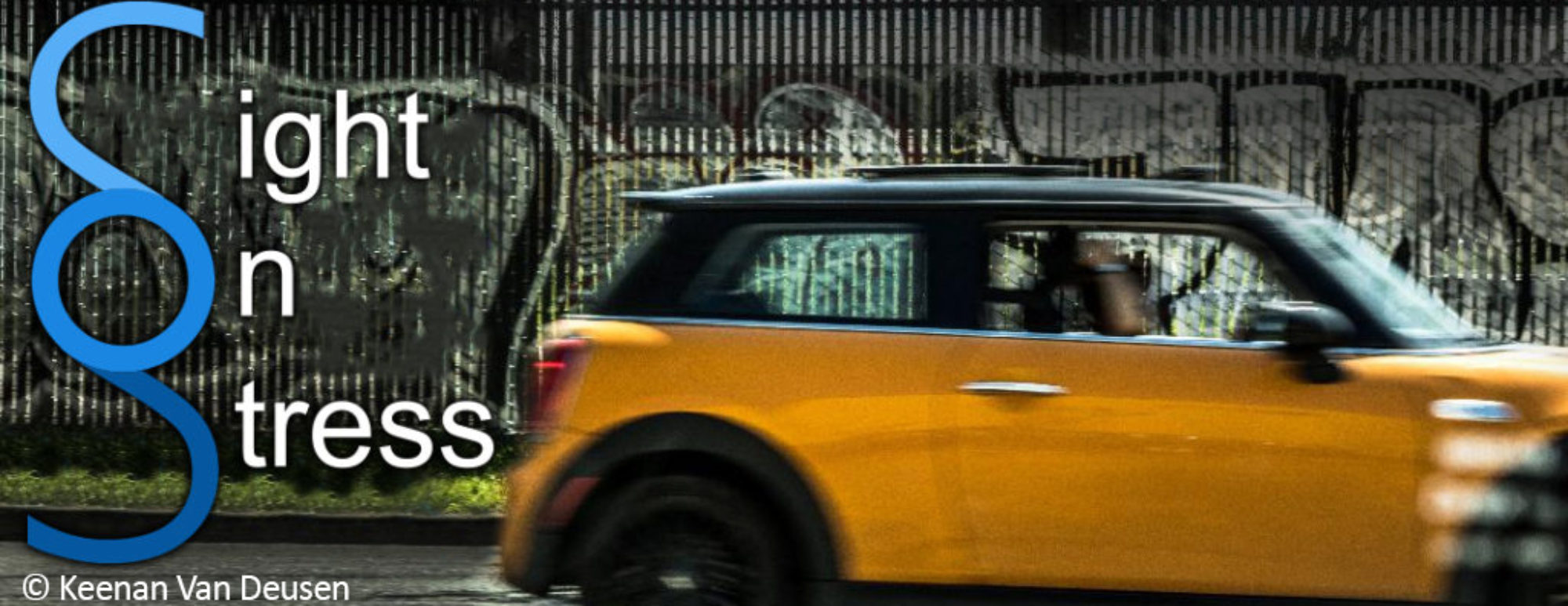
Coping with Loneliness and its Relation to Insomnia
When in the movie Lost In Translation Charlotte, played by Scarlett Johansson says to Bob Harris, played by Bill Murray “I wish I could sleep” and he responds, “me too” a bond begins to form.
These lost and lonely characters both suffer from insomnia but when the unlikely pair begin to share time and stories, they fall gently and innocently into slumber on Bob’s hotel room bed with no sexual contact or inuendo. Instead, the bedroom scene shows how genuine sharing between the two calms and connects them, allowing them to sleep naturally. Why is that?
Loneliness is a key cause and result of insomnia. Former surgeon general, Vivek Murthy, estimated that almost 50 percent of the US population suffers from loneliness and called it an epidemic, more hazardous to health than smoking.
Coping with Loneliness: Friendship
Loneliness has been linked to a shorter life, but it is also linked to insomnia. Heath Ledger, who accidentally overdosed on sleep medication, famously said, “I think the most common cause of insomnia is simple: it’s loneliness.”
If loneliness is, indeed, a cause and result of insomnia, what can we do about it? One of the key points of Sofia Coppola’s film is that Bob and Charlotte are not people who we imagine would develop a friendship.
They come from different worlds, are at developmentally different places in their lives and have an apparent thirty plus year age gap between them. If they had assumed their differences were a crevasse between them, they wouldn’t have found each other and the necessary comfort gleaned from friendship. Judgment would have gotten in the way.
Coping with Loneliness: Judgment
Judgment of oneself and others predicts loneliness. When we assume that we are unlikable or inferior to others, we shy away from genuine interaction, either keeping conversation superficial or not having it at all.
We further judge our isolation as a result of our flaws and the vicious cycle of loneliness and insomnia ensues. When we judge others, we limit our social connections. We rule out connections that could otherwise make us feel valued and happy.
A social interaction could be something as simple as Charlotte’s authentic, “I wish I could sleep” and Bob’s genuine response of “me too.” There is no guardedness in that short exchange between the strangers. As a result, it creates a meaningful and, we all hoped, lasting bond between the two.
Insomnia can also cause loneliness as people who lie awake at night often feel no one can relate to them. They imagine everyone else is able to sleep. They become anxious and depressed as a result of the sleep deprivation and, therefore, are even more vulnerable to increased loneliness.
Conclusion
So the next time you are lying awake at night, consider two things: One, at least 30 percent of your fellow Americans are also struggling to sleep. You are not alone. Two, consider who you might talk to the next day–the grocery store clerk, someone in the elevator or a sibling you rarely call. The exchange doesn’t have to be long or scripted, just genuine. You may feel a little less lonely and a little more relaxed that next evening.
Dr. Van Deusen received her PhD in Clinical Psychology from the California School of Professional Psychology in Los Angeles in 1992. She has cultivated deep knowledge of attachment theory and stress and has worked with various populations over her two and a half decade career. Her practice is in Seattle, Washington. Buy her book Stressed in the U.S.: 12 Tools to Tackle Anxiety, Loneliness, Tech-Addiction and More here

